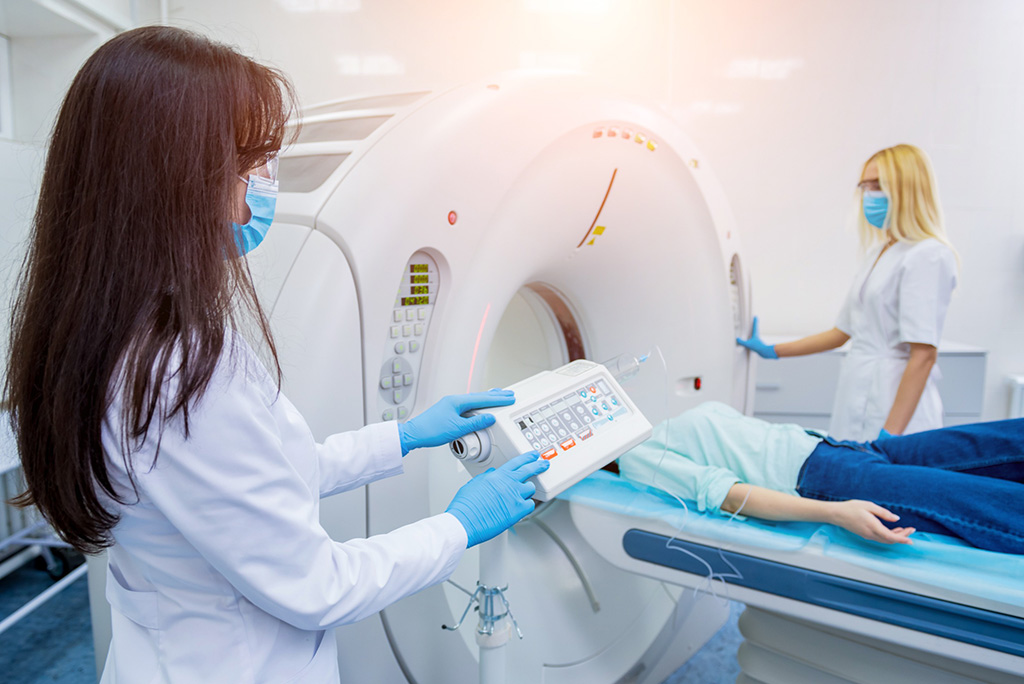Novel MRI Method Could Predict Early Response to Neoadjuvant Chemotherapy in Breast Cancer Patients
Posted on 18 Sep 2023
Neoadjuvant chemotherapy is often administered to shrink tumors before surgery in patients with breast cancer. However, due to the varying mutations within the same genes in breast tumors, almost 80% of patients experience either partial or no response to traditional chemotherapy. The conventional way to evaluate a patient's reaction to chemotherapy is by monitoring changes in the size of the tumor, a process that can take between four and six months and multiple treatment cycles. Researchers are now examining if a new type of MRI can assess the effectiveness of a chemotherapy regimen for women with breast cancer based on just one round of treatment.
Magnetic Resonance Fingerprinting (MRF) is an innovative MRI method that can examine multiple tissues in the body with a single, time-saving image or "fingerprint." This advanced technology has the potential for a wide range of clinical uses, including early disease identification and gauging how well a treatment is working. Researchers at Case Western Reserve University (Cleveland, OH, USA) are studying whether MRF can provide an early indication of how well neoadjuvant chemotherapy is working in breast cancer patients.

If MRF can deliver consistent insights into the effectiveness of neoadjuvant chemotherapy in breast cancer patients, it could help patients avoid treatments that are not required and enable physicians to explore other options more quickly. Early findings from their research suggest that MRF can accurately evaluate the effectiveness of therapy between seven and ten days after the first cycle of chemotherapy. This could greatly enhance patient care, offering the chance for more individualized treatment plans for many women.
“This study has great potential to bring real survival and quality-of-life benefits to our breast cancer patients,” said Yong Chen, an assistant professor of radiology at the Case Western Reserve School of Medicine. “The ultimate goal is to eliminate ineffective treatments in eligible subjects and instead tailor the treatment methods for optimum therapeutic outcomes for women with breast cancer.”
Related Links:
Case Western Reserve University






 Guided Devices.jpg)







